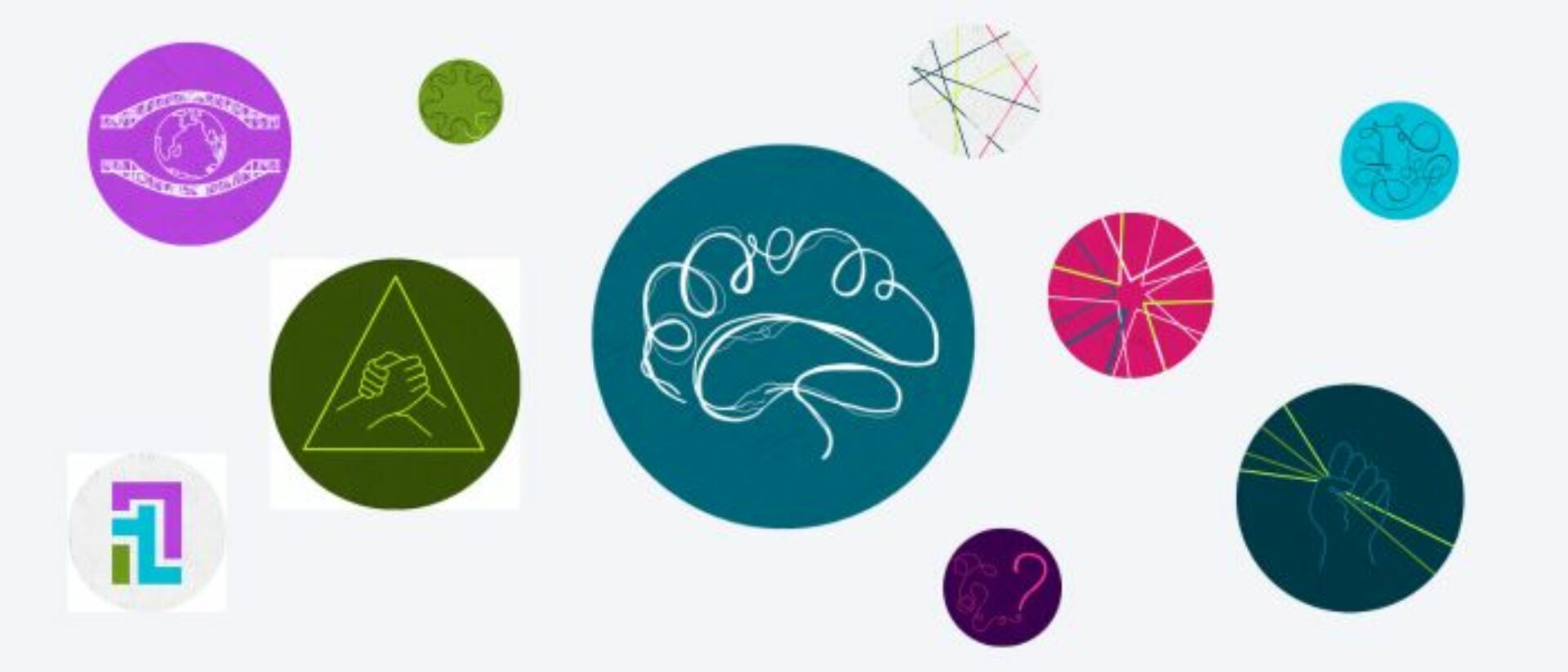McPin’s Head of Research and Involvement looks at barriers to publishing lived experience articles following the launch of a lived experience issue in a major journal.
Tanya Mackay
In May 2023 the British Journal of Social Work published its first lived experience issue.
All articles, reflective pieces and reviews were authored by people with lived experience, who were not only offered support from the editing team prior to submission but also a small payment for their contribution.
I was privileged to have my first reflective peer review article accepted for this special edition, and to be given the chance to explore some of the issues I have experienced as both a social worker and service user.
The many ‘hurts’ of publishing lived experience articles
I’ve published articles before and could write a blog or think piece in numerous other spaces at any stage about my experience, so why is this important?
It’s important because an issue in a high-impact journal, accessible to people with lived experience to publish their knowledge – knowledge developed through not only research but lived experience itself – has never been on the table before.
Often when lived experience researchers do publish in these journals, there are many ‘hurts’ along the way – for example, constantly telling editors during the proofing process that you're not a 'Dr'.
Traditionally peer review journals have had many barriers to lived experience researchers publishing their work.
Often when lived experience researchers do publish in these journals, there are many ‘hurts’ along the way – for example, constantly telling editors during the proofing process that you’re not a ‘Dr’ and you’ve never actually entered ‘Dr’ during submission or editing – there’s just that assumption there; or relying on someone in academia to access the online submission system.
Upholding the ‘who’ and ‘what’ of knowledge creation
I recently published an opinion piece elsewhere as part of a team exploring epistemic injustice.
Epistemic injustice as a concept refers to how people from marginalised groups are denied opportunities to create knowledge and derive meaning from their experience.
The process of peer review publishing is one of the most concrete examples of where the ‘who’ and ‘what’ of knowledge creation is upheld.
To start, work outside of institutional or organisational settings may not have access to an ethics committee, which can be an immediate ‘no’ to publication in a journal, even if a full ethical process has been designed and implemented.
As well as this, much research outside of these settings is questioned on its quality and robustness in peer review, despite using the same methods and processes as university-based research. If you can pass these hurdles, the next is often cost.
As reviewers are also often unpaid, those with lived experience are frequently asked to practice in an extractive process, in which their lived experience expertise is taken but not appropriately recognised.
Open access (articles that are free to view) is an important part of ensuring accessible research, but without an organisational publishing agreement with a journal, you are looking at paying, on average, £2,000 to publish an article.
Many lived experience researchers do not have this funding available and may not be in salaried positions to even cover the time needed to publish.
Finally, if you do have the funding, the online submissions can be very exclusionary (in some cases there’s no option to not list an affiliation) and the review process can be challenging when reviewers are not knowledgeable of lived experience approaches and methods.
As reviewers are also often unpaid, those with lived experience are frequently asked to practice in an extractive process, in which their lived experience expertise is taken but not appropriately recognised.
Further, experienced reviewers drop out due to lack of recognition for the time and effort needed to do quality, kind constructive feedback leaving a gap in knowledge about lived experience research methods and papers.
Addressing the barriers to true equality
How can we truly say that lived experience expertise is considered an equal and critical knowledge in research if these barriers remain unaddressed?
The British Journal of Social Work special issue is one step in the right direction towards making the peer review publishing process accessible to people with lived experience, allowing them to share their knowledge and expertise.
My experience with them as an author has been one of access, recognition and understanding of the different ways knowledge can be shared.
The International Mad Studies Journal is another great example of a publication that seeks to challenge the system and create a radical new space for people with lived experience to publish their work.
My experience of being involved with this special issue shows that other journals could – and should – look to address the barriers embedded in their systems, from institutional affiliation requirements to cost of publishing open access and payment for expertise – not only from lived experience authors but also reviewers.
Tanya Mackay is Head of Research and Involvement at McPin.
Read her article on epistemic injustice here, and for more on lived experience in mental health research, check out our new resource, Using Lived Experience in the Workplace, authored by people with lived experience.
